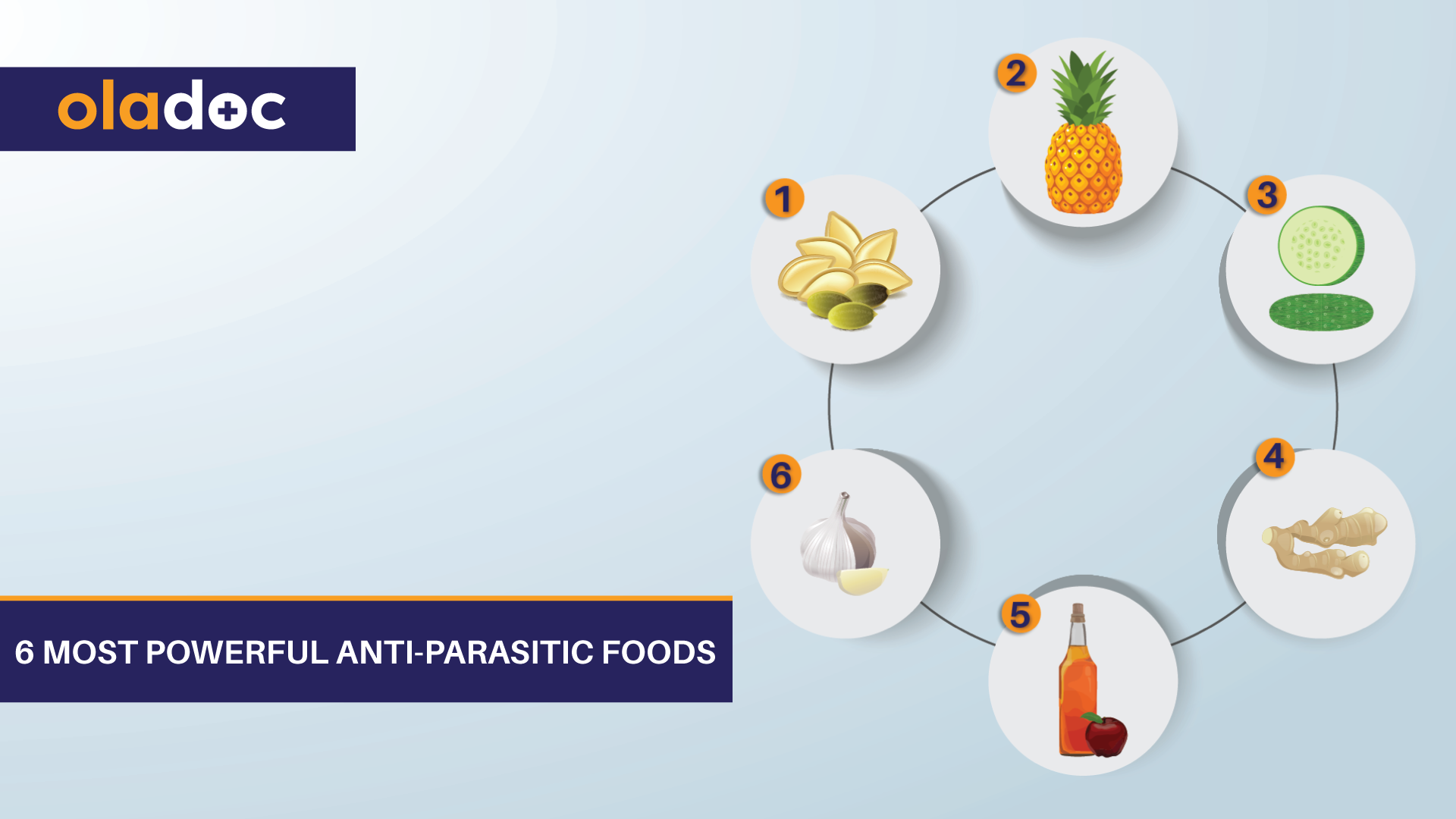One of the primary diseases dealt by
Best Neurologist in Islamabad include stroke management. Patients suspected of positive stroke screen need immediate management as stroke treatment is time sensitive. Read on to know the updated guidelines for management and prevention of stroke:
What is a Stroke?
Stroke is characterized by sudden loss of blood circulation due to any cause—ischemia or bleeding—to any part of the brain. The consequent loss of neurological function depends on the area of the brain affected by stroke. Generally, the occlusive stroke is more common, caused by a thrombus or an embolus.
Stroke presents with abrupt onset of hemiparesis, sensory deficit, diplopia, dysarthria, ataxia, nystagmus and sudden changes in
Recommended Guidelines
Identify the Subtype of Stroke
The management of stroke begins with identification of the subtype of stroke—whether it is ischemic in origin or hemorrhagic. The workup starts after identifying the subtype and when possible, the treatment commences to manage the risk factors of these subtypes. The idea is to reduce the recurrence of stroke.
Change Patient Behavior
Programs to incorporate change in behavioral patterns of the patient such as diet, medication compliance and exercise should be started by the primary care physician for the betterment of the patient.
Lifestyle Modification
In patients who have had an episode of stroke, prevention of second stroke is important. This is done through lifestyle modification and techniques like low-salt intake, Mediterranean diets, and weight reduction. Additionally, risk factors like reduction in cholesterol, blood pressure management are addressed through lifestyle modification.
Starting Antithrombotic Therapy
In all patients without contraindications, antithrombotic therapy with anticoagulant and antiplatelet is recommended. In the long run, dual therapy is not needed, but for secondary prevention, antiplatelet therapy is a must! In some cases—such as severe stenosis, high-risk transient ischemic attack or early arriving minor stroke—dual antiplatelet therapy is needed.
Monitoring A-fib
One of the commonest causes of ischemic stroke is atrial fibrillation. This high-risk condition also puts the patient at higher chances of second ischemic stroke. In patients without any contraindications, anticoagulation is recommended with monitoring of the heart rhythm to prevent occult atrial fibrillation.
Treat Carotid Artery Disease

Another important and treatable cause of ischemic stroke is carotid artery disease. The stenosis of carotid artery presents with recurrent transient ischemic attacks (TIAs) and nondisabling strokes. Candidates with this disease can have the stenosis fixed through stenting or carotid endarterectomy.
Primary and Secondary Prevention
Primary prevention includes drugs like antiplatelet agents, smoking cessation and statins. In people who make important lifestyle changes and reduce their modifiable risk factors, the chances of first stroke are reduced by 80 percent.
Secondary prevention refers to measures that need to be taken for prevention of second stroke. The measures for secondary prevention include: anticoagulant therapy, statins, antiplatelet drugs, antihypertensive drugs and lifestyle interventions. Along with these measures exercise, smoking cessation and blood pressure control are mandated.
Medical Management of Ischemic Stroke
As mentioned before, treatment of stroke is time sensitive. Therefore, fibrinolytic treatment should be started within sixty minutes of patient’s arrival in the emergency room. Patients need complete clinical assessment and neurological examination as treatment is initiated.
For the management of ischemic stroke, the following categories of medication are used: antiplatelet, thrombolytics, anticoagulation, reperfusion and neuroprotective agent. Neuroprotective agents reduce the amount of excitatory neurotransmitters by the ischemic neurons.
Management of Embolic Stroke
Embolic strokes, whereby clots dislodge to travel from the site of origin to brain vasculature need not be treated with empiric anticoagulant therapy. According to new research data, the use of anticoagulants and ticagrelor is of no benefit in such patients. More information about this type of stroke is available at
oladoc.com.
 Another important and treatable cause of ischemic stroke is carotid artery disease. The stenosis of carotid artery presents with recurrent transient ischemic attacks (TIAs) and nondisabling strokes. Candidates with this disease can have the stenosis fixed through stenting or carotid endarterectomy.
Another important and treatable cause of ischemic stroke is carotid artery disease. The stenosis of carotid artery presents with recurrent transient ischemic attacks (TIAs) and nondisabling strokes. Candidates with this disease can have the stenosis fixed through stenting or carotid endarterectomy.

